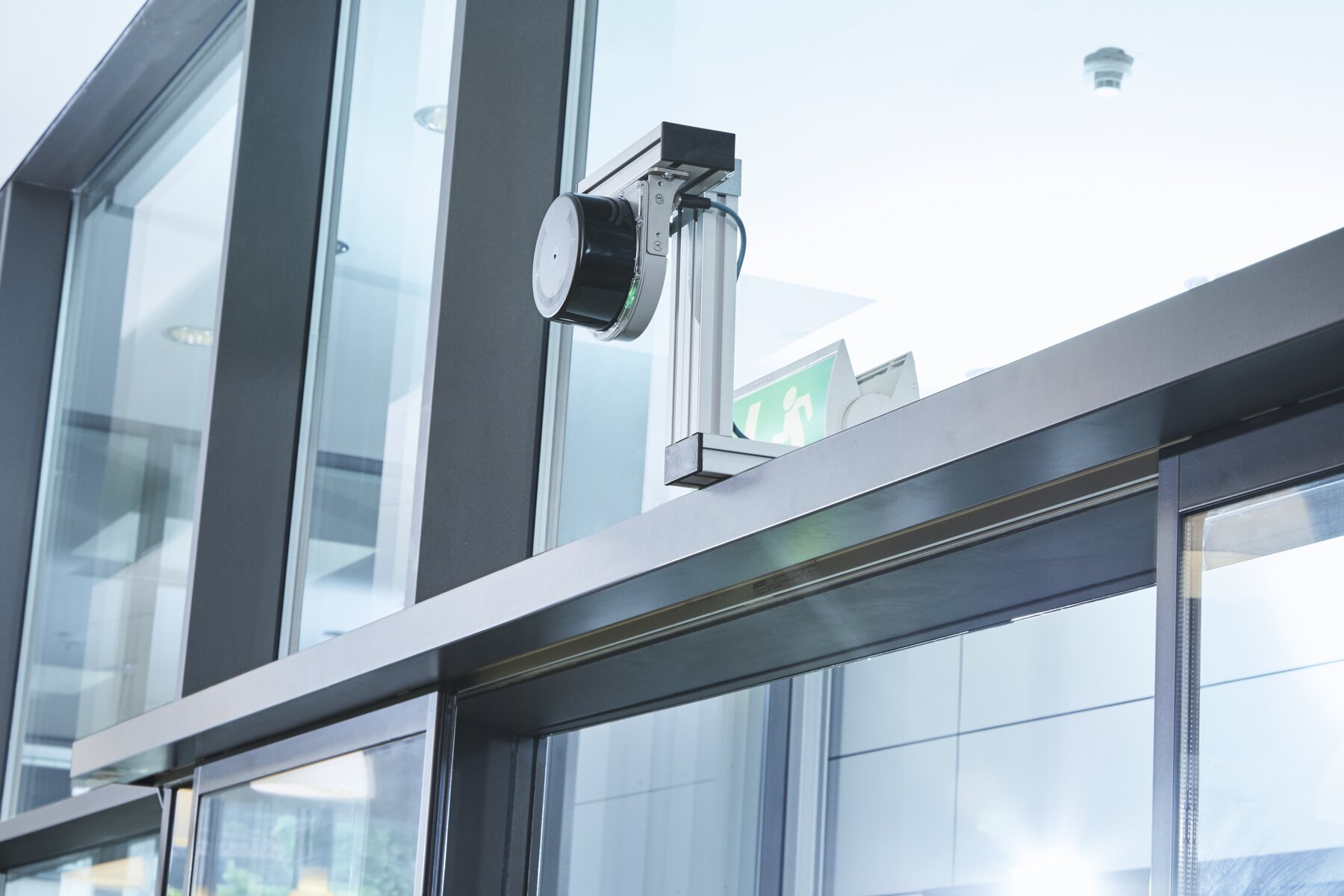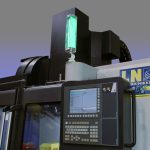PeopleCounter (PeCo) SensorApp
PeopleCounter (PeCo) SensorApp
The PeopleCounter (PeCo) is a SensorApp developed by SICK that enables anonymous data processing and differentiation of people from objects over large detection areas. Based on the hardware of the MRS1000 3D LiDAR sensor, measurement data generates as a point cloud. The integrated PeopleCounter app reliably identifies people using their contours. This means it only counts people above the height of 1.4 meters, while objects are not counted.n

In reaction to new developments to slow the spread of the COVID-19 virus, SICK has launched its new PeopleCounter (PeCo) SensorApp. Using 3D LiDAR sensors, people can easily maintain recommended occupancy levels in public spaces and in manufacturing settings.
Unlike the use of camera technology, the PeCo LiDAR sensor solution does not process personal information. This ensures companies can maintain any health and safety recommendations, but also respect private individuals' data privacy concerns. Operators of institutions of public life as well as those that deal in tourism, cruise ships, restaurants, retail, and various other industries can profit from a simple solution that makes it easy to safely maximize utilization of space and still maintain the required occupancy levels.
The PeopleCounter (PeCo) is a SensorApp developed by SICK that enables anonymous data processing and differentiation of people from objects over large detection areas. Based on the hardware of the MRS1000 3D LiDAR sensor, measurement data generates as a point cloud. The integrated PeopleCounter app reliably identifies people using their contours. This means it only counts people above the height of 1.4 meters, while objects are not counted.
Thanks to the four layers of the sensor, the direction of movement of a person is clearly established and the current utilization of a defined zone can be monitored. The recorded data is output digitally to keep track of the maximum number of people allowed in a space. The combination of several sensors makes it possible to cover even large areas with different entry and exit areas, such as shopping centers, airports, or trade shows





